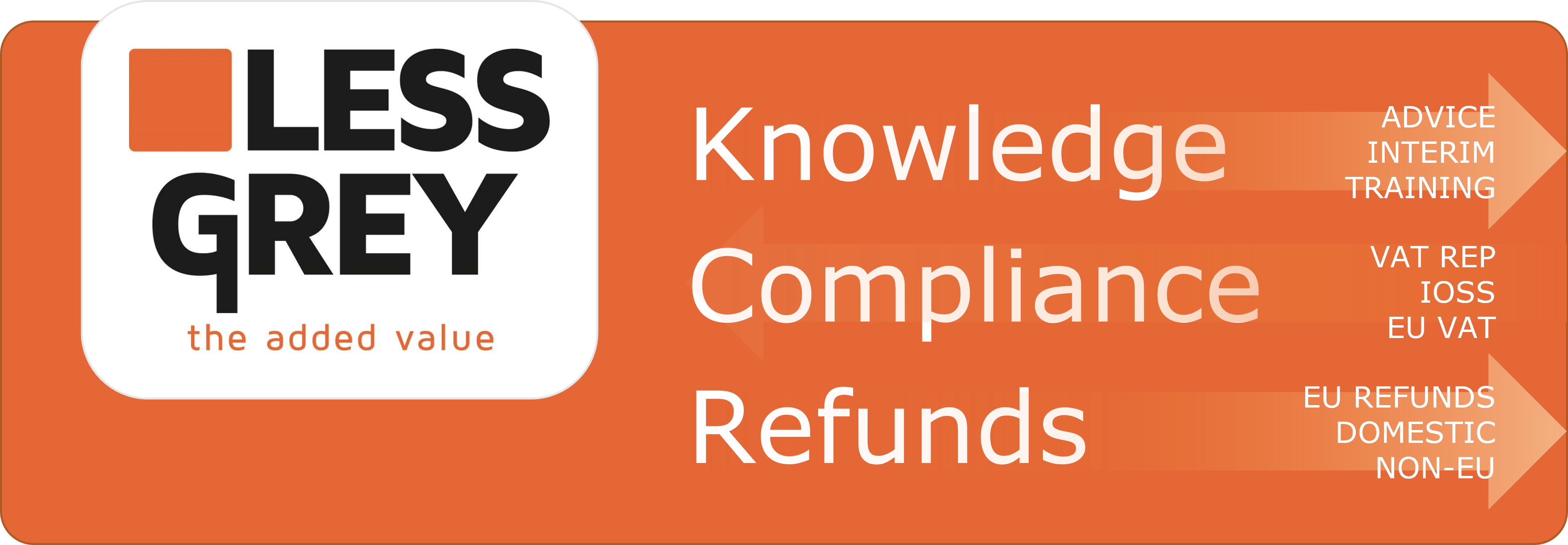- He who mentions VAT on an invoice in any way which he does not owe, shall owe the tax mentioned on the invoice.
- The purpose of Article 203 of the VAT Directive is to eliminate the risk of loss of tax revenue as a result of the fact that an invoice has been issued which incorrectly states turnover tax and the recipient of the invoice could deduct this turnover tax.
- This VAT is payable by the person who states the tax on the invoice, i.e. the issuer of the invoice. It must also be concluded from the case law of the Court of Justice on Article 203 of the VAT Directive that the issuer of the invoice is the person liable to pay the tax on the basis of Article 203 of the VAT Directive.
- In the present case, it is established that it was not the plaintiff but [company B] who drew up the invoice. However, the defendant takes the view that the plaintiff should still be regarded as the issuer of the invoice.
- The Court rejects this view. With regard to the damages, the plaintiff cannot be regarded as a taxable person. Since this is not a transaction that falls within the scope of turnover tax, the plaintiff is not obliged to issue an invoice either.
- The defendant did not make it plausible that the claimant wanted an invoice to be issued for the damages and that the claimant would have delegated the drawing up of such an invoice to [company B].
- The defendant’s reliance on the interpretation of Article 224 of the VAT Directive is unsuccessful because it does not constitute a taxable transaction, with the result that 224 of the VAT Directive does not apply. Even if it were otherwise, the conditions for self-billing are not met because, in the light of the foregoing, it is not plausible that the parties have agreed on self-billing in advance.
- The Court also rejected the defendant’s reliance on the Langhorst judgment (C-141/96). This is because the facts in the plaintiff’s case differ from the facts in the case of the Langhorst judgment. With regard to the damages, there is no question of a taxpayer supplying goods and services and a recipient of goods or services, because the damages are not subject to VAT. Nor is it a situation in which the drawing up of an invoice has been delegated to the customer, as it were, and the invoice has been drawn up with the consent of the taxable person. On the contrary, [company B] issued the invoice on its own initiative and not at the request of the claimant. In addition, a similar version of Article 224 of the VAT Directive was included in the amended Article 22 of the Sixth Directive. The amended Article 22 of the Sixth Directive was incorporated into the Sixth Directive with the Directive of 20 December 20014 , i.e. after the Langhorst judgment. The introduction of this provision has created a different legal context from the one prevailing at the time of the Langhorst judgment. After the entry into force of the Directive of 20 December 2001, the express condition is that the taxable person and the customer must agree in advance that the customer will issue an invoice. As considered above, this is not the case with the invoice issued by [company B].
- In view of the above, the plaintiff is not, and cannot be regarded as, the issuer of the invoice. She therefore does not owe the VAT that relates to the compensation and that is stated on the invoice issued by [company B].
- The defendant’s reliance on a policy decision does not lead to a different judgment. A policy decision cannot lead to a situation in which, contrary to the statutory regulation, a person other than the issuer of the invoice can be deemed to be the issuer of the invoice, or that another person must be regarded as the issuer of the invoice.
Source: rechtspraak.nl















